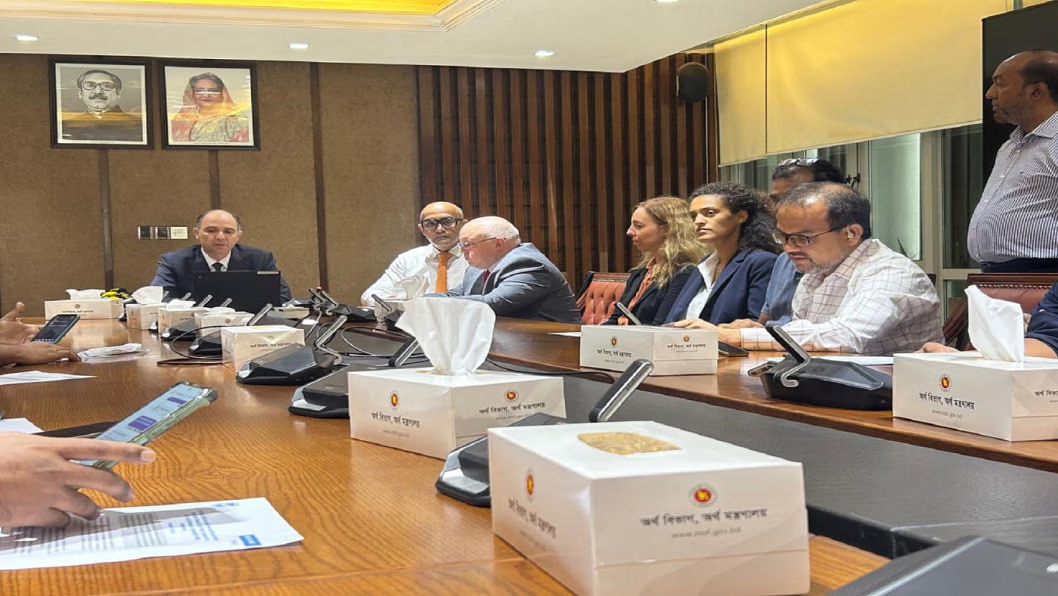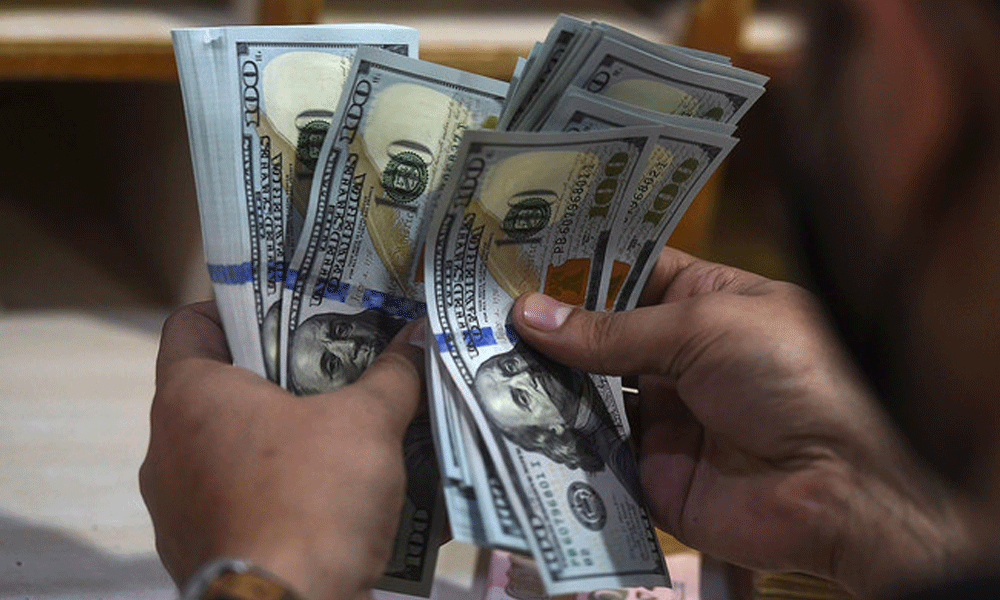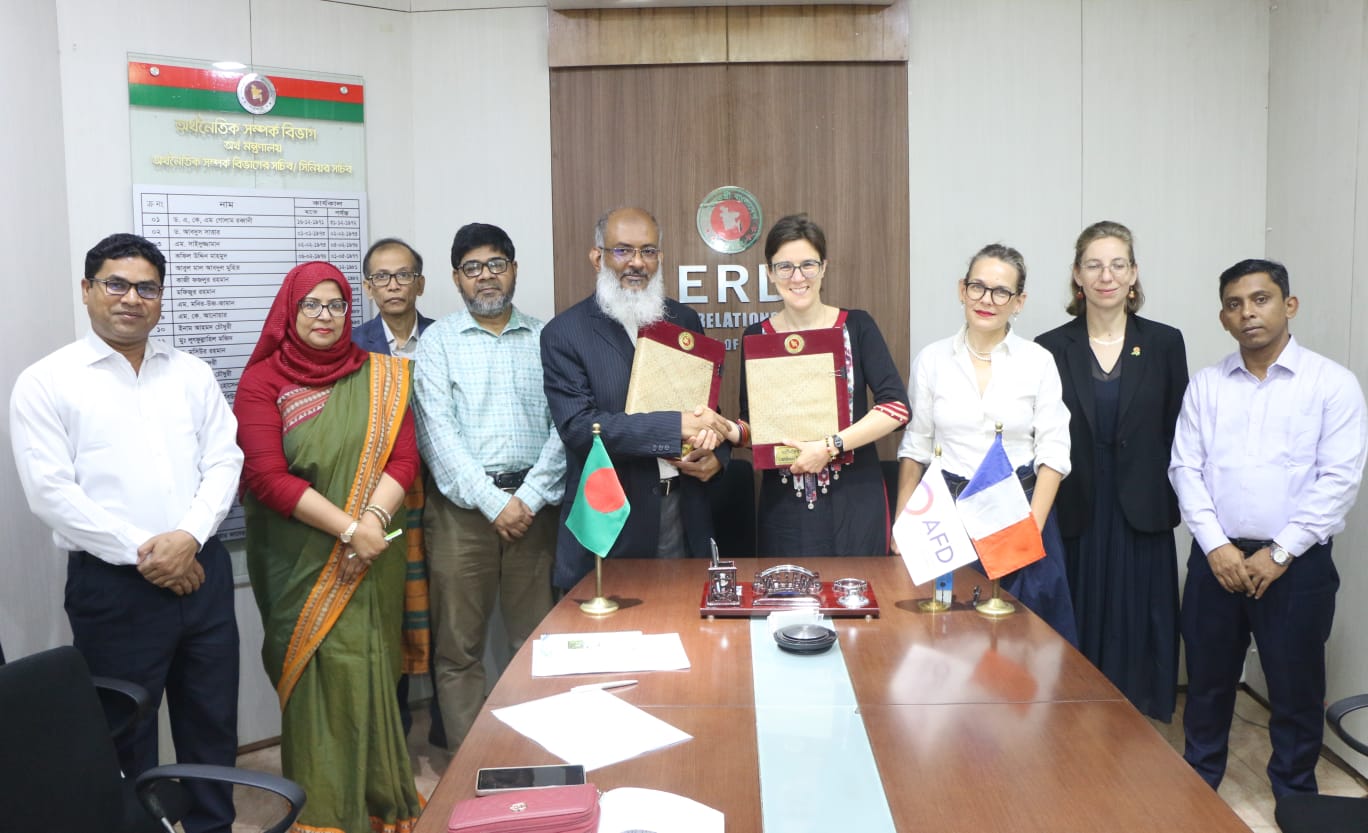
The International Monetary Fund (IMF) has greenlit a significant financial injection of $1.15 billion to Bangladesh as part of its ongoing multi-billion-dollar loan program.
Following a 15-day mission led by IMF’s Chris Papageorgiou, the organization reached a staff-level agreement with the Bangladesh government regarding necessary policies for the completion of the second review under the Extended Credit Facility (ECF), Extended Fund Facility (EFF), and Resilience and Sustainability Facility (RSF) arrangements.
Upon approval by the IMF Executive Board, Bangladesh is set to receive approximately $932 million under the ECF/EFF and around $220 million under the RSF. These funds will bolster Bangladesh’s efforts in navigating economic challenges and fostering sustainable growth, the global lender said in a press release on Wednesday.
The agreement underscores Bangladesh’s commitment to implementing critical structural reforms, including the adoption of a formula-based fuel price adjustment mechanism and the realignment of the exchange rate. These reforms aim to address persistently high inflation and declining foreign exchange reserves amid global financial tightening and elevated commodity prices.
The IMF mission also highlighted the importance of fiscal consolidation, revenue generation, and banking sector stability in sustaining economic resilience. Furthermore, efforts to mitigate climate risks and promote green infrastructure investment were emphasized to enhance long-term sustainability.
The disbursement of the third tranche underscores the IMF’s confidence in Bangladesh’s reform agenda and its commitment to achieving upper middle-income status by 2031. The collaboration between Bangladesh authorities and the IMF reflects a shared commitment to fostering economic stability and inclusive growth.
“The authorities have made significant progress on structural reforms under the IMF-supported program, including the implementation of a formula-based fuel price adjustment mechanism for petroleum products. Nonetheless, larger-than-expected spillovers from tightening of global financial conditions, and still elevated international commodity and food prices, coupled with domestic vulnerabilities, has led to persistently high inflation and declining foreign exchange (FX) reserves. This has exacerbated pressures on the economy and heightened the complexity of macroeconomic challenges, said Papageorgiou in a statement.
The IMF team expressed gratitude to the Bangladesh government and stakeholders for their cooperation and constructive discussions during the mission. Meetings were held with key officials, including State Minister of Finance Waseqa Ayesha Khan and Bangladesh Bank Governor Abdur Rouf Talukder, as well as representatives from the private sector, think tanks, and development partners.








